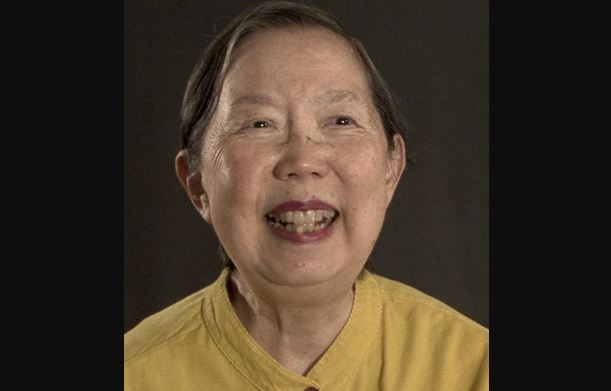A co-founder of the National Council for Japanese American Redress has died at the age of 94 at her home in Pacific Palisades, California.
Together with her husband William, Yuriko Hohri helped to launch a campaign to win redress for Japanese Americans incarcerated during World War II.
According to her obituary in Legacy.com, the couple participated in a class action suit naming 19 plaintiffs against the United States government in 1986.
“We had to find the named plaintiffs,” said Hohri during a oral history she participated in with Densho in 2011. “One individual would have to represent a lot of individuals like a minister- a Buddhist minister would represent a lot of people in camp who were Buddhists.”
The case became known as United States v Hohri and went all the way to the U.S. Supreme Court where it was defeated.
The formation of the National Council for Japanese American Redress was a controversial one within the Japanese American community. Densho reports the Japanese American Citizens League and the council split in its approach to fighting for redress. The JACL wanted a commission to study the issue while the Council supported legislation to grant redress.
In the end, the Council shifted its efforts to the class action suit.
“I think that the JACL didn’t understand that our government was divided into three parts-the legislative, the judicial and the executive branch and that we were going after redress through the judicial branch, said Hohri. “They were going through the legislative branch. I don’t think they understood this. They thought we were competing with them. We were going through a different branch of the government.”
While they lost the Supreme Court case, President Ronald Reagan eventually signed redress into law after Congress passed it in both houses under the Civil Liberties Act of 1988.
Yuriko Hohri was born May 25, 1929 in Long Beach, CA to Noboru (Tom) Katayama and Yaye Katayama (Kanow), her obituary states. The government ordered her family to report to the Santa Anita Racetrack after the attack on Pearl Harbor, but sent her father elsewhere.
As a 14-year-old, she helped her family fight for reunification and they were reunited in Jerome, Arkansas. Eventually the family relocated in 1944 to Des Moines, IA after receiving assistance from the American Friends Service Committee.
She married William Hohri in 1951 after the family resettled in Chicago two years earlier.
The two became involved in the anti-war protests in the 60s and the civil rights movement. The two became active in successfully seeking a presidential pardon for Iva Toguri, otherwise known as Tokyo Rose, for treason.
She recalled during a birthday celebration for Toguri, a man went up on stage and admitted informing on her.
“He was sobbing and he asked her if she would forgive him. That was on his conscience for a long time,” she recalled during her oral history interview. “He decided to pick that day in front of all of us. It was very moving.”
The success of that campaign encouraged the Hohri’s to get involved in the redress movement.
Her husband died in 2010 after a brief battle with Alzheimer’s.
AsAmNews is published by the non-profit, Asian American Media Inc.
We have an amazing update on our Lunar New Year fundraiser: Some late checks have arrived. We are now 151% of our goal. Including the $5000 matching grant, our fundraiser raised $12,500 towards funding an editor position and replenishing our reporter fund. Thank you to our generous readers. You did it!
You can still make your tax-deductible donations here via credit card, debit card, Apple Pay, Google Pay, PayPal and Venmo. Stock donations and donations via DAFs are also welcomed.
Please also follow us on Instagram, TikTok, Facebook, YouTube and X.


